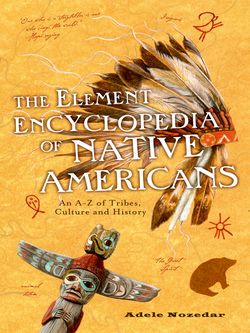Читать книгу The Element Encyclopedia of Native Americans: An A to Z of Tribes, Culture, and History - Adele Nozedar - Страница 87
CALUSA
ОглавлениеAlso known as the “Shell Indians,” the Calusa originally lived on the southwest coast of Florida and controlled most of the area. The name Calusa means “fierce ones,” and by all accounts they were a warlike people who caused alarm among the smaller tribes in Florida. The early Spanish explorers, too, became the target for attacks by the Calusa, who were one of the first Native American peoples encountered by the Spanish in around 1513.
Living along the coast and inland waterways, the Calusa constructed houses on stilts with palm frond roofs and no walls. They did not need to farm, but could subsist entirely on the food they found along the waterways. Skilled fishermen, the Calusa made nets from palm and used them to catch catfish, mullet, and other fish. They made spears with which to catch eels and turtles, and also hunted for small game including deer. Children learned from an early age how to catch various shellfish. Sailing, too, came naturally to the Calusa, as did boat-building. Cypress trees, hollowed out, made dugout canoes which were able to travel long distances, even as far as Cuba. The canoes were also used to scavenge the shores for booty from shipwrecks, and from which to stage attacks on other tribes.
The Calusa, like most other Native American peoples, were incredibly skilled at adapting any resources that came their way, and, living as they did by the water, shells provided an abundant natural material. They used shells as utensils and in weaponry (including spear tips) as well as for ornamentation and in ritual use. The shells were also used in mound-building. These shell-and-clay constructions are now under the preservation of environmentalists and historians. The artifacts that have been found there are considered an important indication of how the Calusa lived, and are preserved in museums.
The Calusa themselves suffered, as did many indigenous peoples, from the illnesses brought by the Europeans. In particular, smallpox and measles were responsible for wiping out entire Calusa villages. Those Calusa who had not succumbed to illness or being captured for the slave trade are believed to have left their homelands in or around 1763, emigrating to Cuba when Florida changed hands from the Spanish to the British.
